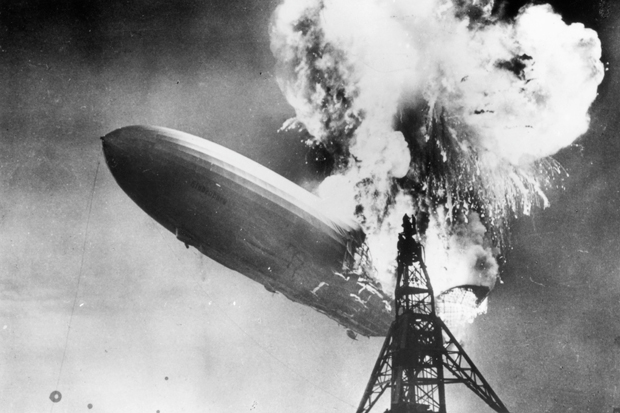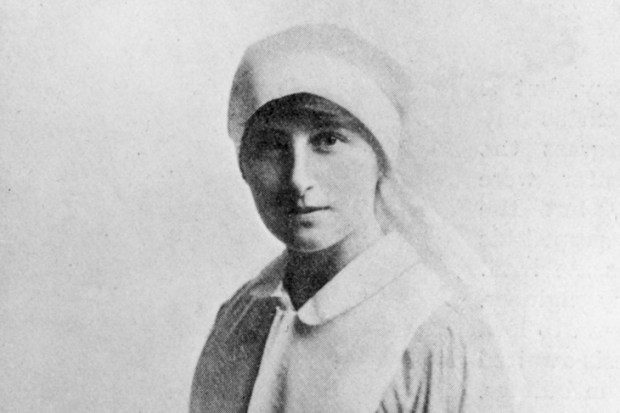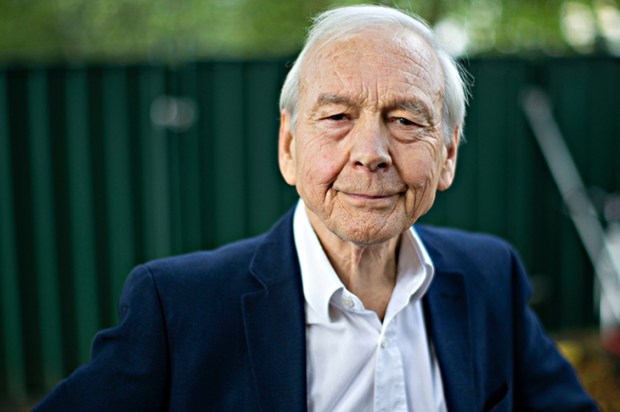It’s really hard to imagine now a world before 24-hour news, continually and constantly accessible in a never-ending stream of on-the-spot, up-to-the-minute reports. What, then, would it be like to have no news summaries on the quarter-hour, no ‘live’ bulletins, no way of knowing what’s going on at this very moment in Kathmandu, Kabul or Khartoum? In his new three-part series for the World Service, War and Words (Sundays), Jonathan Dimbleby looks back to the late 1920s, when the fledgling BBC was not allowed to broadcast any news item until it had first appeared in print.
Already a subscriber? Log in
Subscribe for just $2 a week
Try a month of The Spectator Australia absolutely free and without commitment. Not only that but – if you choose to continue – you’ll pay just $2 a week for your first year.
- Unlimited access to spectator.com.au and app
- The weekly edition on the Spectator Australia app
- Spectator podcasts and newsletters
- Full access to spectator.co.uk
Unlock this article
You might disagree with half of it, but you’ll enjoy reading all of it. Try your first month for free, then just $2 a week for the remainder of your first year.














Comments
Don't miss out
Join the conversation with other Spectator Australia readers. Subscribe to leave a comment.
SUBSCRIBEAlready a subscriber? Log in